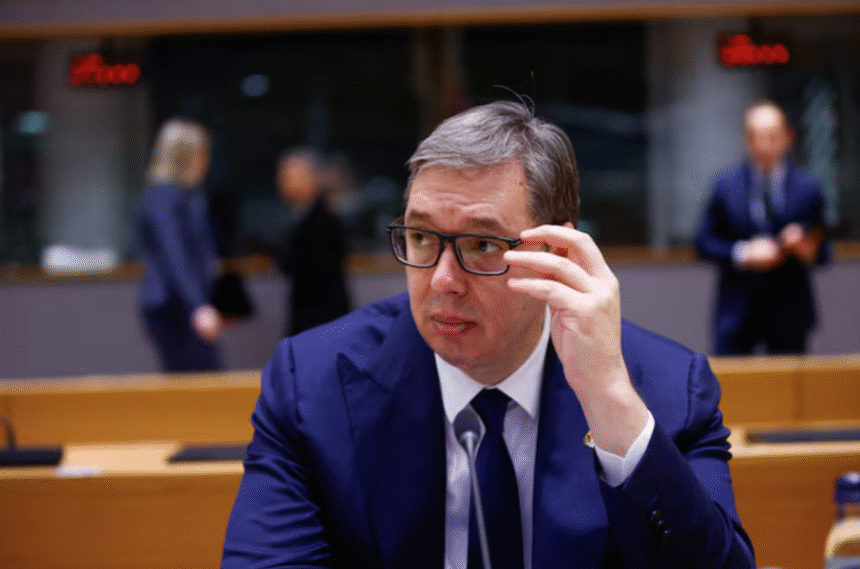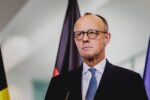The European Union has expressed deep regret over the Serbian leadership’s trip to Moscow and their participation in the Victory Day celebrations marking the end of World War II—an event the EU says Russia uses for propaganda purposes.
This is the official response from the European Commission following the visit of Serbian President Aleksandar Vučić to Russia, where he is expected to meet with Russian President Vladimir Putin.
“Serbia is expected to demonstrate a credible commitment to European values and to convince us of its strategic orientation toward the European Union,” a European Commission spokesperson told Radio Free Europe in a written statement.
The Commission emphasized that all actors must refrain from any action that could legitimize Putin’s aggression against Ukraine.
“If anyone wants to show support for peace, the right place to be on May 9 is Kyiv, not Moscow,” the statement added.
The EU underscored that it has been “entirely clear” with its partners, including candidate countries like Serbia.
“Relations with Russia cannot continue as usual with the Putin regime at a time when its aggression against Ukraine is unprovoked and unjustifiable,” the statement concluded.
Vučić arrived in Moscow ahead of May 9 and is expected to hold a bilateral meeting with President Putin—the first such meeting since Russia’s invasion of Ukraine in February 2022.
Speaking to journalists in Moscow, Vučić stated that Serbia would continue on its European path and added, “If someone has to pay the price for this visit, it will be me—not the state.”
Vučić also acknowledged he expects “very harsh reactions” from the EU over this visit, but said his response will be “measured and serious.” He announced plans to discuss gas supply agreements and the Serbian Oil Industry (NIS)—which is Russian-owned and under U.S. sanctions—with Putin.
European institutions had previously raised concerns about Vučić’s planned trip to Moscow. During a visit to Belgrade in late April, EU Enlargement Commissioner Marta Kos said the decision to travel to Moscow was Vučić’s alone, but warned that if he followed through, “it will be much harder to help Serbia remain firmly on its European path.”
Serbia has been in EU accession negotiations since 2014 but has not opened a new chapter since December 2021 due to its refusal to align its foreign policy with the EU and impose sanctions on Russia.
Despite Brussels’ warnings, authorities in Belgrade have continued to maintain close ties with Moscow.







